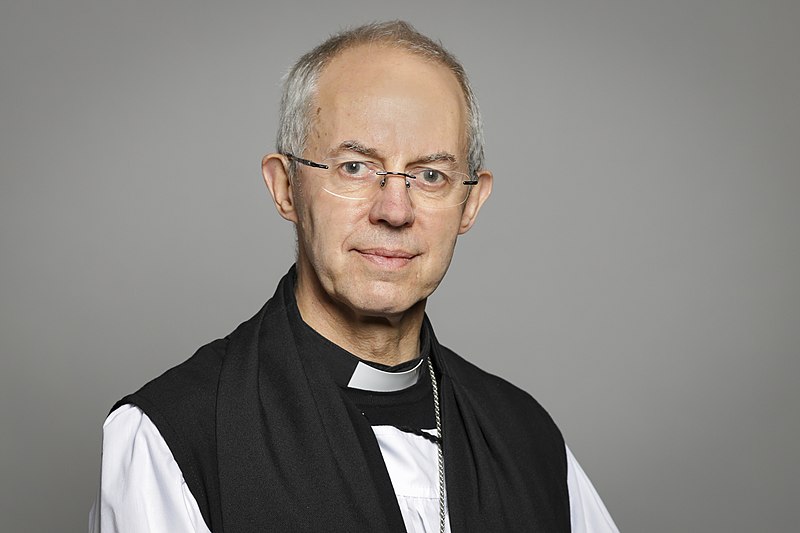
By the end of Monday, Justin Welby will ceremonially relinquish his role as Archbishop of Canterbury by laying down his ceremonial staff. Following his resignation, Welby has largely stayed out
of the public eye and is expected to spend his final day as leader of the Church of England in private at Lambeth Palace, his London residence.
After Welby's departure, the majority of his responsibilities will pass to Archbishop of York, Stephen Cottrell, until a permanent successor is chosen. This process is anticipated to take several months. The leadership transition occurs amid critical debates within the Church, including issues of safeguarding—the very topic tied to Welby’s resignation and one that has also raised concerns about Cottrell's leadership.
On Monday, the Christian feast of Epiphany, Welby will mark the occasion with two services at Lambeth Palace: a midday Eucharist and an evening Evensong. It is expected that during the evening service, he will formally lay down his crozier, symbolizing the end of his tenure, which officially concludes at midnight.
Welby resigned following the Church's mishandling of John Smyth, a notorious abuser whose crimes—detailed in a recent report—included severe sexual, physical, and psychological abuse of over 120 boys and young men since the late 1970s. The report found that Welby bore "personal and moral responsibility" and could have done more to address the issue. He initially resisted calls to resign but ultimately stepped down on November 12, expressing sorrow for all abuse survivors.
However, Welby faced backlash in December after making jokes during a brief farewell speech in the House of Lords, prompting outrage from survivors of abuse. He apologized the following day. Unlike previous years, Welby did not deliver a Christmas Day sermon at Canterbury Cathedral or a New Year’s Day message via the BBC. Lambeth Palace confirmed that Welby would not give any interviews before stepping down on his 69th birthday—one year earlier than expected.
From midnight on Monday, some of Welby’s London-based duties will be overseen by Bishop of London Sarah Mullally, while those in the Canterbury diocese will be handled by Bishop of Dover Rose Hudson-Wilkin. Archbishop Cottrell will assume most of the overall responsibilities but remain based at Bishopthorpe Palace in North Yorkshire. He is expected to serve as the de facto leader of the Church of England until at least the summer.
The transition comes amid scrutiny of Cottrell, who has faced calls to resign over his handling of another abuse case. A recent BBC investigation revealed that Cottrell, shortly after becoming Bishop of Chelmsford in 2010, was informed of multiple abuse allegations against David Tudor, a priest under his jurisdiction. Despite restrictions placed on Tudor, Cottrell renewed his contract and even appointed him honorary canon of Chelmsford Cathedral in 2015. Tudor was suspended only in 2019, following a new police investigation. Cottrell maintains that he acted within legal constraints.
The 17-member panel tasked with selecting the next Archbishop of Canterbury has yet to be finalized. For the first time, it will include five representatives from the global Anglican Church.
This leadership upheaval comes during a period of tension both within the Church and in its international community. Domestically, divisions over blessings for same-sex unions persist. While clergy were recently granted the option to bless such unions, many see this as contradicting Church teachings, while others criticize the lack of full marriage equality for same-sex couples. Progressives fear the leadership transition could delay this and other key initiatives, including efforts on racial justice and climate action.
The next Archbishop of Canterbury will inherit these challenges during a critical and potentially fractious time for the Church. Photo by Roger Harris, Wikimedia commons.


































